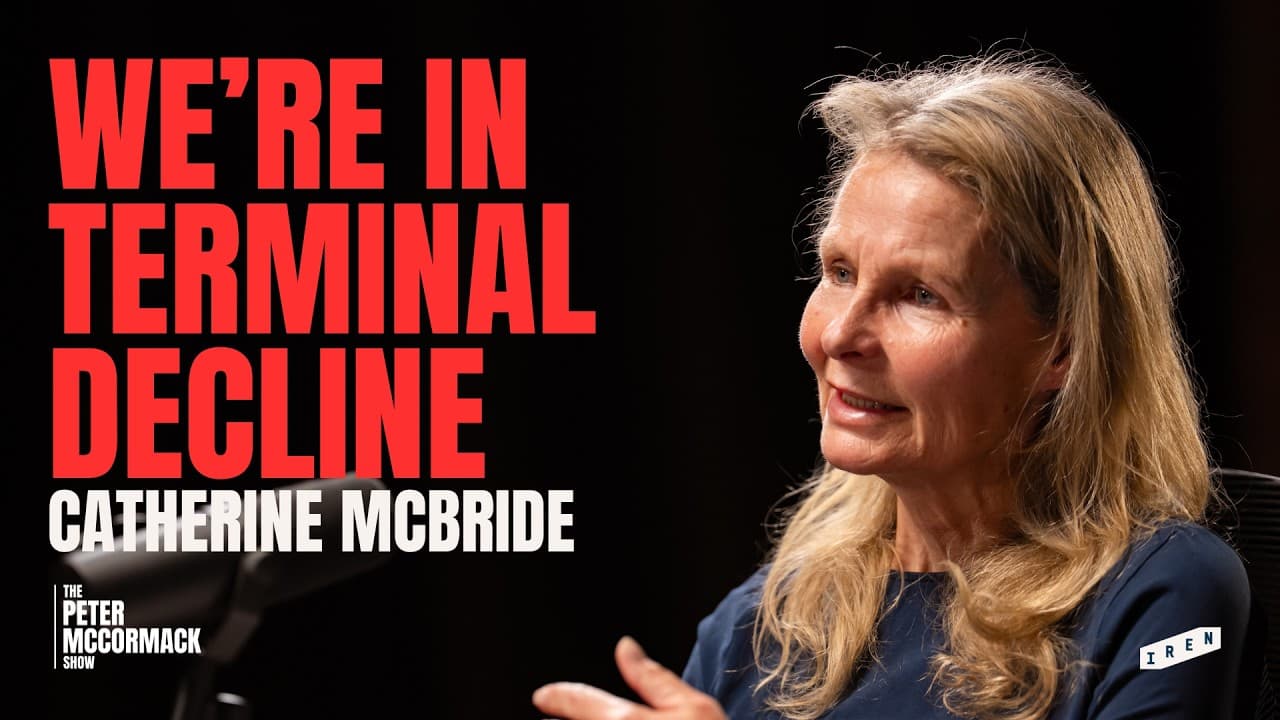Peter McCormack Warns 'Emotional Economics' Drives Wealth Exodus and Traps Lower Earners

Prominent podcaster and economic commentator Peter McCormack recently voiced sharp criticism of current economic decision-making, asserting that policies rooted in "emotional economics" lead to detrimental outcomes. According to a recent tweet, McCormack stated, "> Because she knows: (1) Rich people will just leave (2) The not so rich are trapped. This is what happens when you use emotional economics rather than facts, you make dunce decisions." His remarks highlight a perceived flaw in governance that he believes results in capital flight and economic stagnation for the majority.
McCormack, known for his outspoken views on UK politics, economics, and Bitcoin, frequently critiques government policies he deems irrational or ideologically driven. He has consistently argued that decisions, particularly concerning taxation, regulation, and environmental mandates like Net Zero, often lack a solid factual economic basis. Such policies, he contends, are often more about public relations than fostering genuine growth.
The "rich people will just leave" aspect of his critique refers to the phenomenon of wealth migration, or a "brain drain," where high-net-worth individuals and businesses relocate to more economically favorable jurisdictions. McCormack has previously noted that new tax regimes and burdensome regulations in the UK have prompted some individuals to sell their companies and move abroad, including Americans returning to their home country, due to the prohibitive cost of doing business.
Conversely, McCormack's assertion that "the not so rich are trapped" underscores the disproportionate impact of these policies on ordinary citizens. Those without the means or flexibility to relocate are left to contend with the consequences of stagnant economic growth, increased living costs, and reduced opportunities. He emphasizes that small businesses, which are often the lifeblood of an economy, face significant hurdles due to employment laws and business rates.
McCormack often links these issues to a broader "terminal decline" in the UK economy, attributing it to a lack of business experience among politicians and a focus on short-term political gains over long-term economic health. He advocates for radical reforms, including reassessing Net Zero commitments, simplifying taxation, and reducing regulatory burdens to stimulate growth and retain talent.